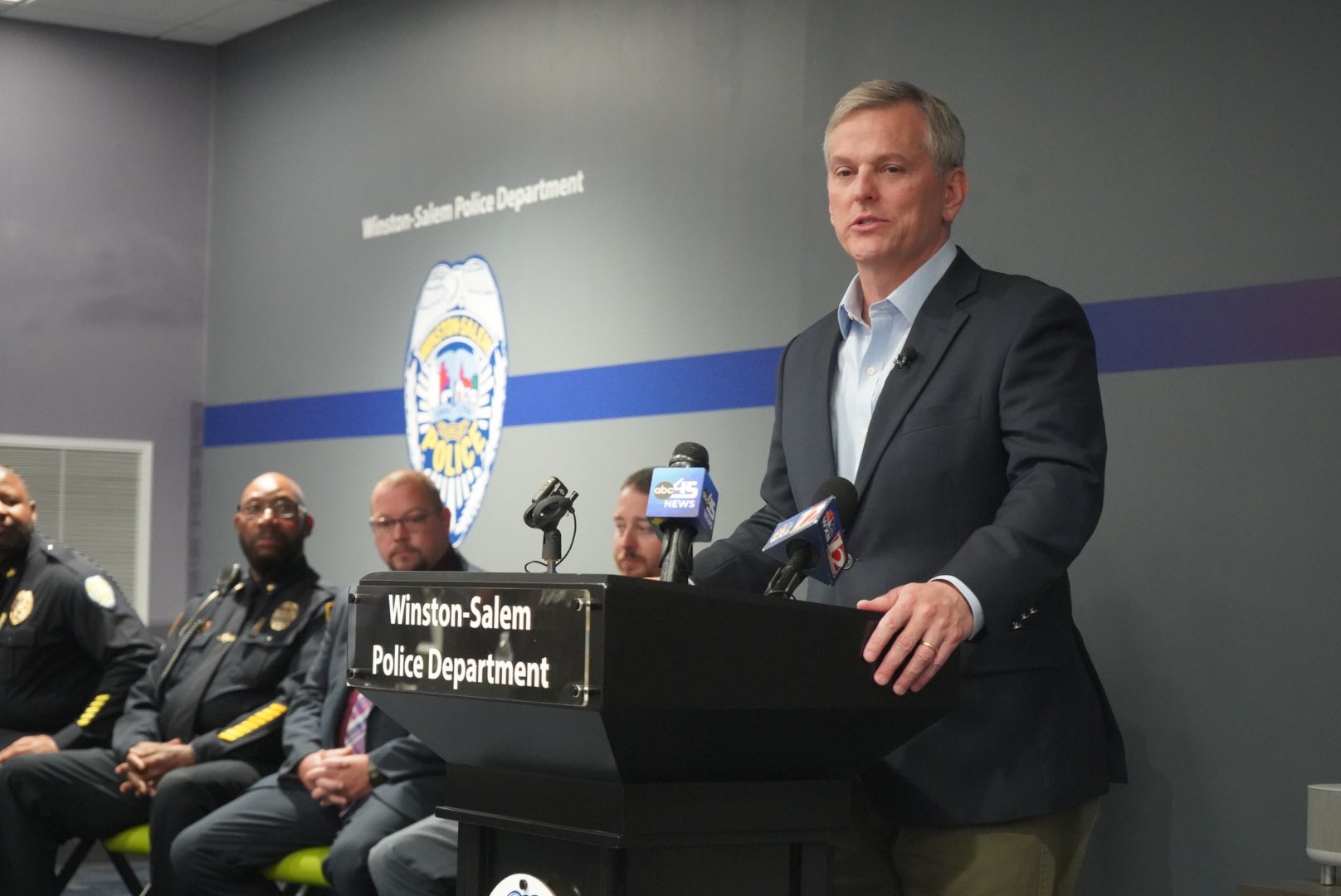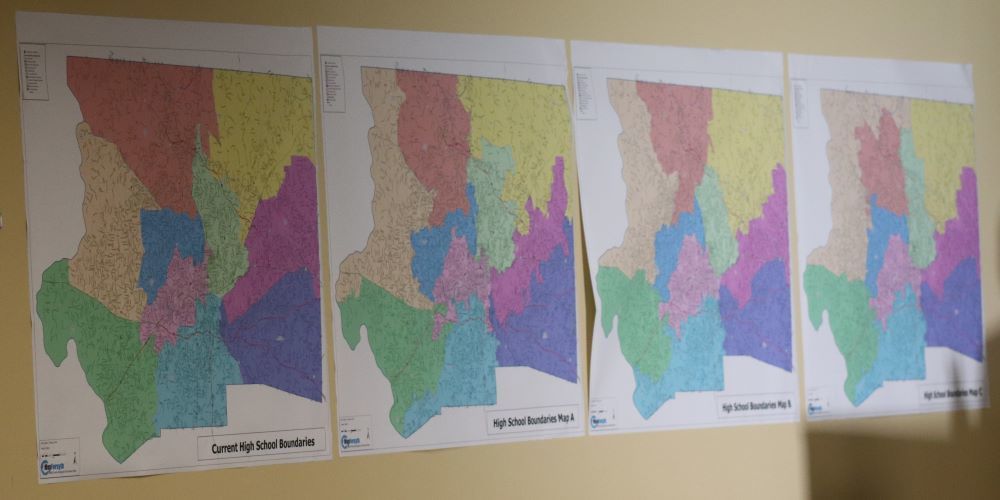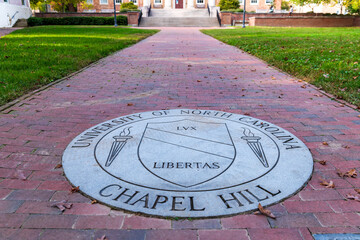N.C. Attorney General Josh Stein posted on X (formerly Twitter) on Monday, Sept. 30, that the North Carolina Department of Justice (NCDOJ) had received 64 complaints of price gouging in Western North Carolina in the wake of Hurricane Helene. By Tuesday, he posted that number was up to 70. By Wednesday, 100.
As of Friday, Oct. 4, the NCDOJ had received more than 200 reports of price gouging, initiating four civil investigative demands related to those complaints.
“People are struggling and suffering as it is because of the consequences of the storm; we will not allow others to compound their harm by stealing their money,” Stein said in a press conference on Friday.
Price gouging has been an unfortunate parasitic staple of modern hurricane and natural disaster recovery efforts. Companies and vendors looking to make a quick buck cash in on exorbitantly inflated supply and demand, artificially raising the price of goods. Both Stein and the state are no stranger to these schemes.
Following the devastation dealt to North Carolina’s coastal communities after 2018’s Hurricane Florence, the NCDOJ aggressively pursued legal action against a Georgia Tree Company LLC for excessively priced tree removal services.
The company had settled with its 24 victims for $274,000. It was the state’s largest price gouging settlement in department history.
In some cases, the storm doesn’t have to have happened yet for costs to be manipulated. In the leadup to 2017’s Hurricane Irma, airline tickets out of Florida surged 600% as the storm battered the Caribbean.
Stein said that among the complaints, roughly a third were about hotel prices, another third had to do with grocery prices and the last third had to do with gas and fuel prices.
Granted, businesses that are heavily impacted by hurricanes or other natural disasters might reasonably need to increase their prices. But price gouging isn’t a natural symptom of a free market economy.
Like many states, North Carolina has a statute on the books that wards against price gouging during emergency circumstances.
General Statute 75-38 explicitly prohibits businesses, individuals and vendors from knowingly raising prices on goods that are used to preserve, protect or sustain life, health, safety or economic well-being of people in emergencies.
“We have been aggressively enforcing the price gouging law throughout my tenure as attorney general,” Stein said. “We’ve brought more than a dozen cases and won back more than a million dollars for North Carolina consumers from other emergencies.”
Since 2018, the NCDOJ under Stein has pursued 12 lawsuits against 29 defendants under North Carolina’s price gouging statute. Those suits resulted in 14 judgments or settlements totaling $1,080,000 against 25 defendants, including the $274,000 settlement against Georgia Tree Co.
As recovery efforts grow and national attention follows, the NCDOJ is also increasingly concerned about the spread of fake charities, looking to take advantage of concerned donors.
The Mountain Mule Packer Ranch, a recovery group which gained online notoriety for their literal mule-driven rescue efforts, posted on Facebook on Friday that bad actors had set up a fake Venmo account posing as them.
“Because we have heard so many people asking, we are posting the link for the safe and correct Venmo link, and other ways to help,” Michelle Toberer, one of the Ranch’s owners, said. “We are so sorry [that] scammers have created fake accounts that look similar.”
According to Stein, he would be coordinating with local district attorneys across the state, referring criminal complaints when appropriate as investigations develop. He charged that as people picked up the pieces of their broken homes and lives, the department and the state would step up.
“We’ve got to maintain our commitment to those folks, not only last week, this week and next week, but in the weeks, the months and, in some cases, the years to come, because it’s going to take that long for some of these communities to rebuild,” Stein said.
He continued: “Don’t use this as an opportunity to make a quick buck, because if you do, you’re violating a price gouging law, and it will be enforced against you.”









